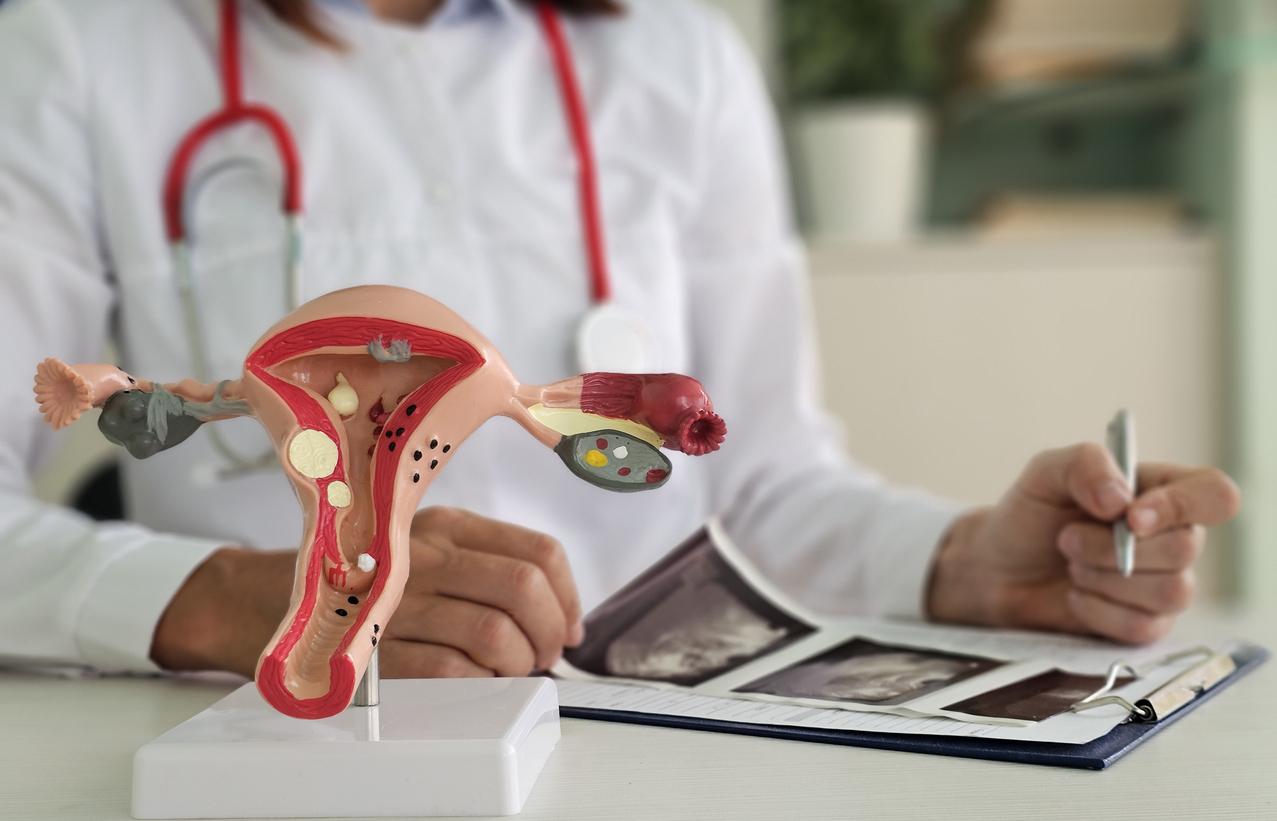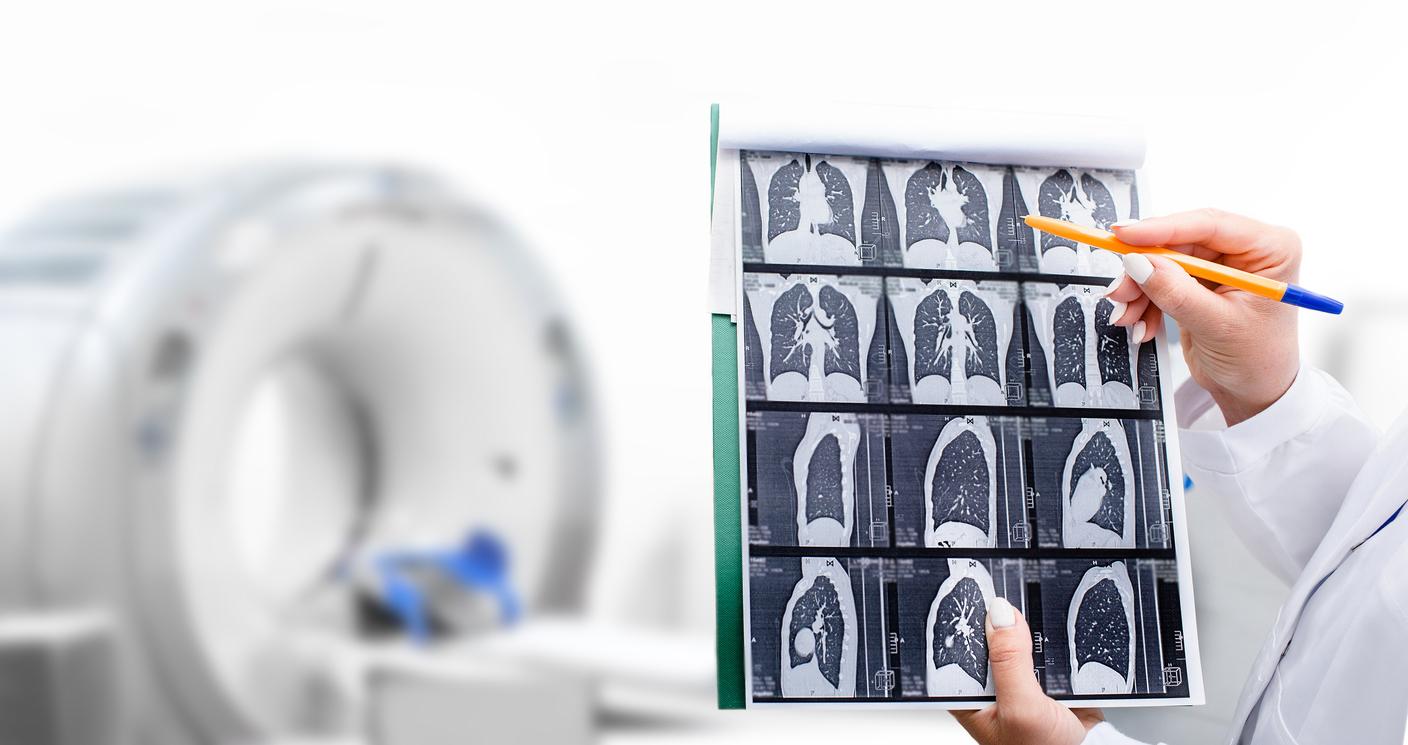The Veterinary and Medical Academies want to “complete the scientific evaluation” while the use of sniffer dogs to detect Covid-19 gives “promising results”.

- The use of sniffer dogs is part of the desire to develop a rapid, simple, non-invasive, sensitive and specific screening test that can reduce the workload of medical biology laboratories.
- The Academies want more scientific data but hope to use sniffer dogs as soon as possible to detect positive Covid-19 cases.
In the fight against the spread of the coronavirus, screening is at the forefront. Very, very early on, dogs appeared as a possible means of identifying infected people. “The first results obtained by a German team and a French team using new olfactory tests of medical biology, show that trained ‘sniffer dogs’ are able to recognize a specific smell of Covid-19”, indicated the National Academy of Medicine and the Veterinary Academy of France in a communicated published on August 28.
Clarifications to be made
The use of sniffer dogs is encouraged by both Academies. They do not hesitate to recall that “the extraordinary olfactory acuity of the dog has been put to good use for a long time” whether it be “by customs” Where “in the medical field to detect human or animal ailments”. Their involvement in detecting Covid-19 is part of a global desire “a rapid, simple, non-invasive, sensitive and specific screening test that can reduce the workload of medical biology laboratories.” The English researchers who launched the first studies on the subject hope that dogs will be used in airports.
Before deploying the dogs to detect Covid-19 infections, the two Academies are calling for new scientific evidence. They recommend to “complete the scientific evaluation and development of this new test in order to implement it as soon as possible”. Added to this, according to them, is the need “to specify its analytical performance (sensitivity, specificity), to identify in the volatilome the specific molecule(s) of Covid-19, to promote the constitution of dedicated teams, to secure the presentation of the samples to be analyzed, both for dogs and for staff and to define the rules for the proper use of this type of test”.
Recognize the smell of Covid-19
Covid-19 changes the smell of infected people. It results in the appearance of volatile organic compounds, called volatiloma, which are present in the bloodstream and can be “excreted in expired air, urine, saliva, faeces, milk and sweat”, specifies the press release. Two to three weeks of training are recommended by the Academies for dogs to be able to recognize this smell. In addition, they point out that dogs cannot transmit the coronavirus to humans.
Three Alsatian researchers embarked on this screening project using sniffer dogs. They launched the Covidog application, which is still struggling to find the financial support necessary to get started. Supported by the Foundation of the University of Strasbourg and the University Hospitals of Strasbourg, this project “uses cell cultures taken from samples taken from Covid-19 patients, then making it possible to identify a specific odor with ‘odor sponges’ (absorbent polymer tubes or surgical masks suitable for capturing respiratory VOCs) making it possible to envisage detection at from groups (airport, train, various gatherings, etc.) or at the individual level”, advances the Academies in their press release.

.















